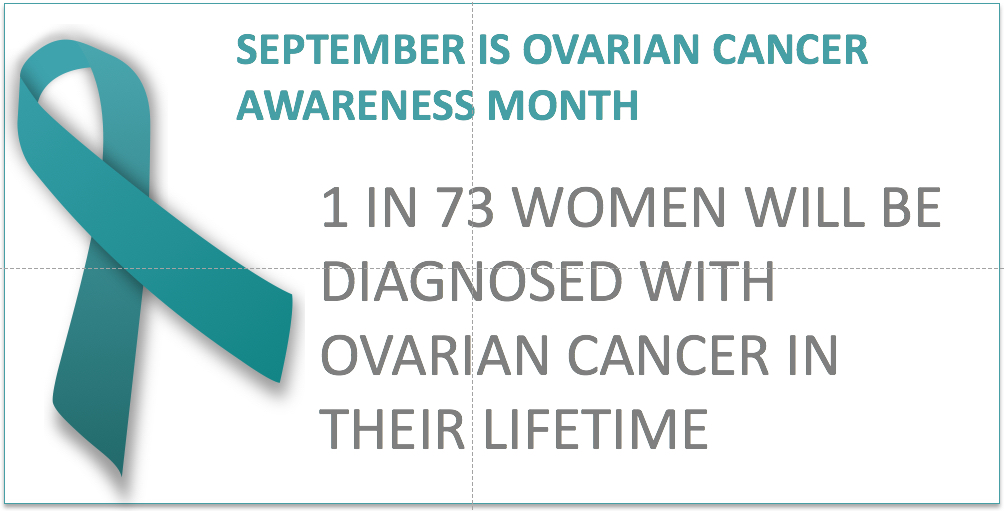
Immunotherapy is a promising avenue for cancer treatment, and some of the best results have been found in ovarian cancer. This may sound paradoxical to some. Cancer cells have the same DNA as normal cells, so how does the immune system identify them?
In fact, white blood cells of the immune system do not see the DNA of cells they attack; they see only the surface. Infected cells often display proteins characteristic of the invading pathogen, and the white blood cells recognize foreign proteins as an attack signal. For unknown reasons, the immune system can also attack apparently healthy tissue and produce autoimmune disorders. Cancer cells also have the potential to display proteins that signal the immune system to destroy them. Boosting this immune response is the goal of cancer immunotherapy.
Tumor-infiltrating lymphocytes (TIL) have been identified in ovarian cancers. In a study, patients with TIL in the tumors had five-year survival rates of 38 percent, while patients without TIL had five-year survival rates of only 4.5 percent. Researchers believe the interaction between immune system and ovarian cancer proceeds through three phases: elimination, equilibrium, and escape. In the elimination phase, cancer cells are killed before they can effectively propagate. Equilibrium is a long phase in which the lymphocytes are not able to eliminate the cancer, but they keep it in check so that it is not clinically detectable. In the escape phase, the cancer cells multiply too fast for the immune response.
Ovarian cancer vaccines are in development to give the immune system a stronger advantage over the cancer cells. These are different from traditional vaccines, such as the flu shot, that are intended to prevent the disease. Cancer vaccines are usually given after the patient is diagnosed. The idea dates back to 1893, when William Coley observed that some cancer tumors shrank when the patient acquired a bacterial infection. Current cancer immunotherapy uses more specific stimuli for the immune system, including:
1. Antibody-based vaccine
2. Peptide vaccine
3. Cytokine vaccine
4. Tumor cell vaccine
5. Dendritic cell vaccine
6. Heat shock protein vaccine
7. Drugs to block the regulatory T cells.
All these approaches have advantages and disadvantages. None offers a complete cure, but researchers hope that immunotherapy can help “clean up” the scattered cancer cells that cause recurrences after surgery and chemotherapy.
Currently there are 1,338 clinical trials for ovarian cancer treatment listed on www.clinicaltrials.gov.
References:
Liu B et al, “Ovarian cancer immunotherapy: opportunities, progresses and challenges”, Journal of Hematology and Oncology 2010 Feb; 3(7).
Linda Fugate is a scientist and writer in Austin, Texas. She has a Ph.D. in Physics and an M.S. in Macromolecular Science and Engineering. Her background includes academic and industrial research in materials science. She currently writes song lyrics and health articles.




Add a CommentComments
There are no comments yet. Be the first one and get the conversation started!